Finally, electrification is officially in the Philippines. After two long years, Nissan Philippines has finally brought in the LEAF onto the local shores, offering emissions-free mobility to Filipinos on a mainstream scale.
While fuel efficiency is one of the selling points of conventionally-powered cars, electric vehicles bank on their range numbers to sell. For the uninitiated, a vehicle’s range is the distance it can travel in one full tank, or in the case of EVs, in one full charge.
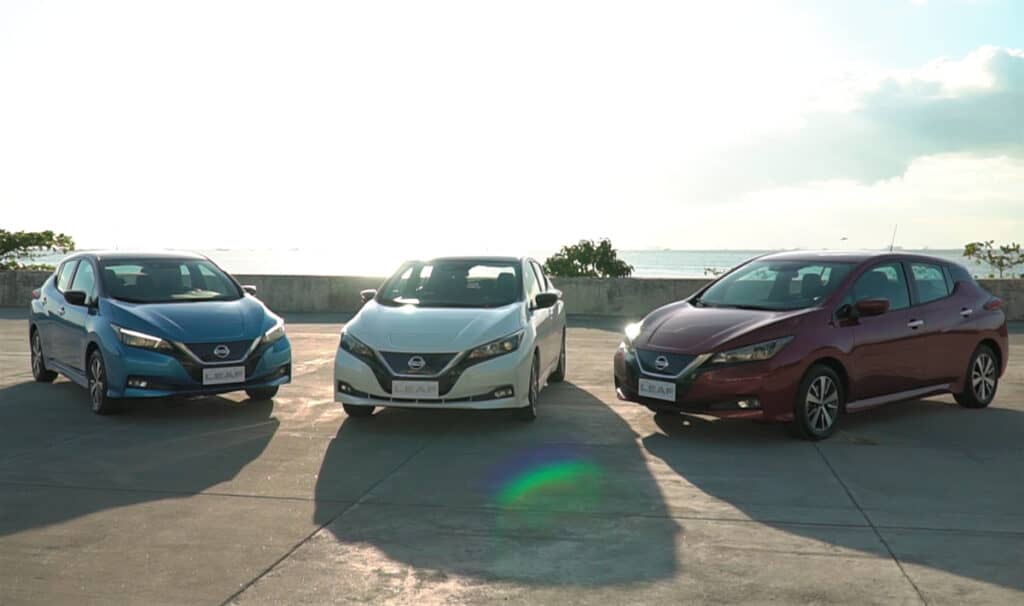
The Nissan LEAF, priced at P2,978,000 at launch, has its range rated at 311 kilometers. That means starting with 100 percent battery, you can drive the LEAF non-stop up to 311 kilometers or the equivalent of a one-way drive from Quezon City to the highest point in the Philippine Highway System in Atok, Benguet – give or take.
That sounds like more than sufficient range on Philippine roads, but I’d be remiss to mention that this depends on the driving style of the one behind the wheel. Also, buyers of the Nissan LEAF won’t likely go to these parts of the Philippines on a regular basis.
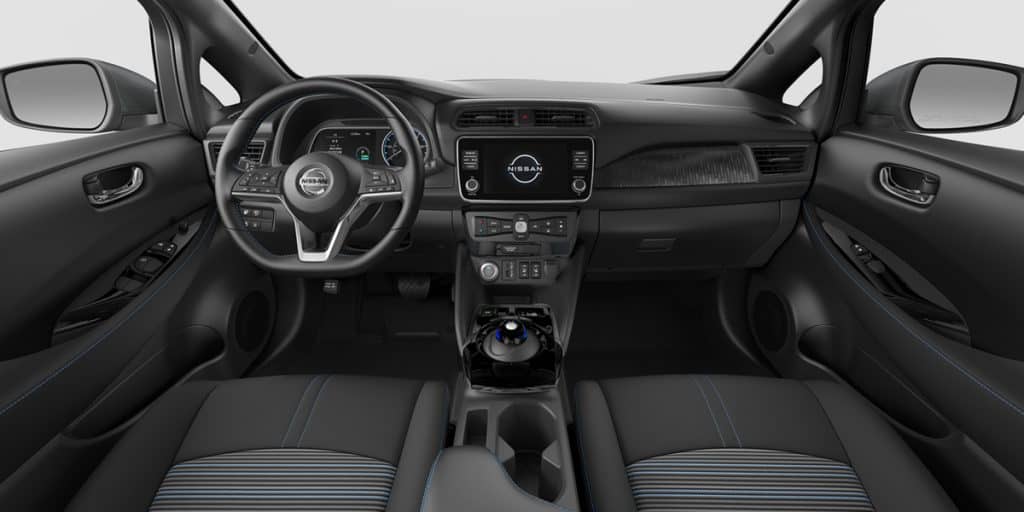
With that said, just how long can a single charge of a Nissan LEAF cover for your daily drive in Metro Manila?
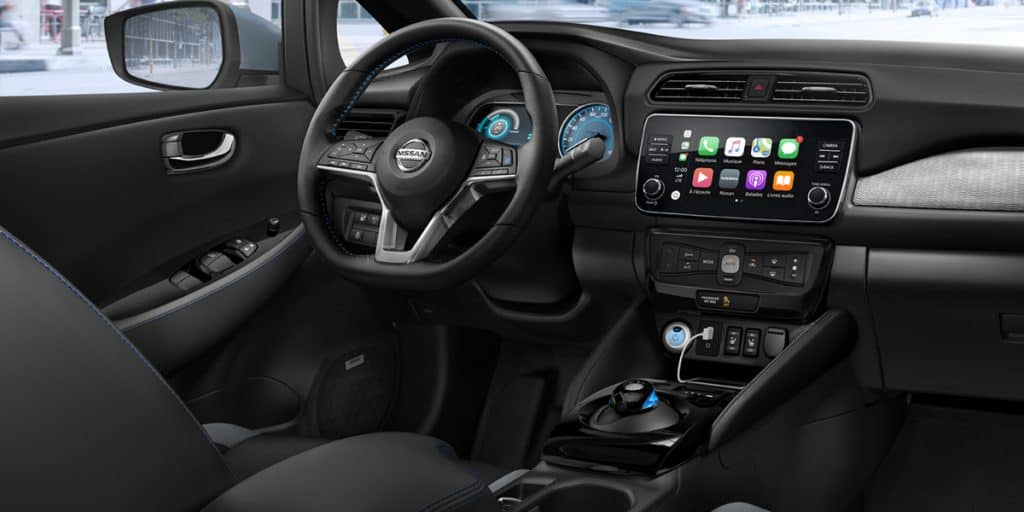
We took the liberty to run the numbers based on statistics published by Numbeo.com. According to the site, the average daily driving distance to/from work/school within Quezon City, Manila, Makati, and Valenzuela is 13.5 km.
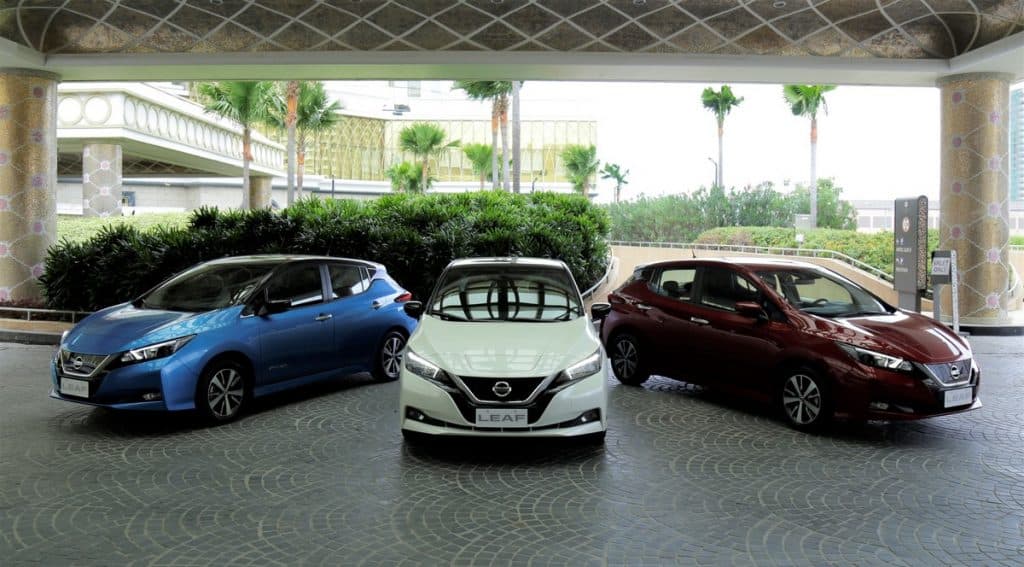
Driving 13.5 km daily means driving 67.5 km in five days. Using the LEAF’s 311-km range, you can drive for a month without having to charge. That, of course, depends on the actual starting point and destination, but that should give us a ballpark figure.
Of note, the numbers listed on the website are updated as of September 2020.
So yes, despite the Nissan LEAF’s somewhat worrying 15- to 18-hour charging time using a typical 220-V wall socket (or 5 to 7 hours using the optional wall box charger), you won’t really have to worry about charging that much – if you’re an efficient driver who doesn’t really care for quick sprawls in the name of being flashy. Besides, you’re driving a Nissan LEAF, not a sports car.
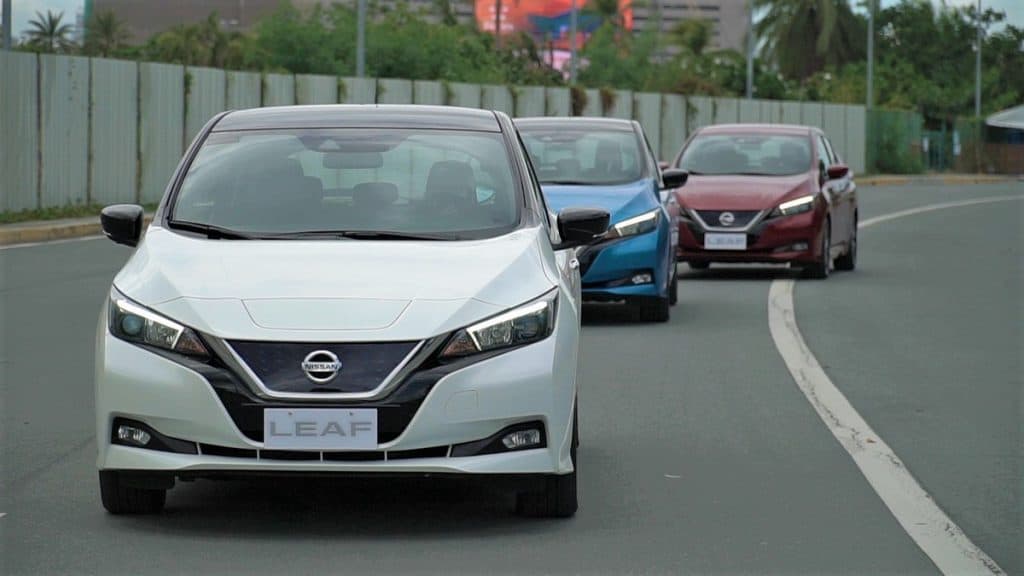
Nissan Philippines’ estimate of P360 to full charge a LEAF (based on current Meralco rates) further helps the EV’s cause, offsetting the rather steep asking price of the car brought about by disappointing tax levied on the vehicle.
But then again, these numbers will surely be different in practice, which brings us to the question – when will Nissan Philippines lend us the keys of the LEAF for real-world testing? We’re waiting, as you are.

